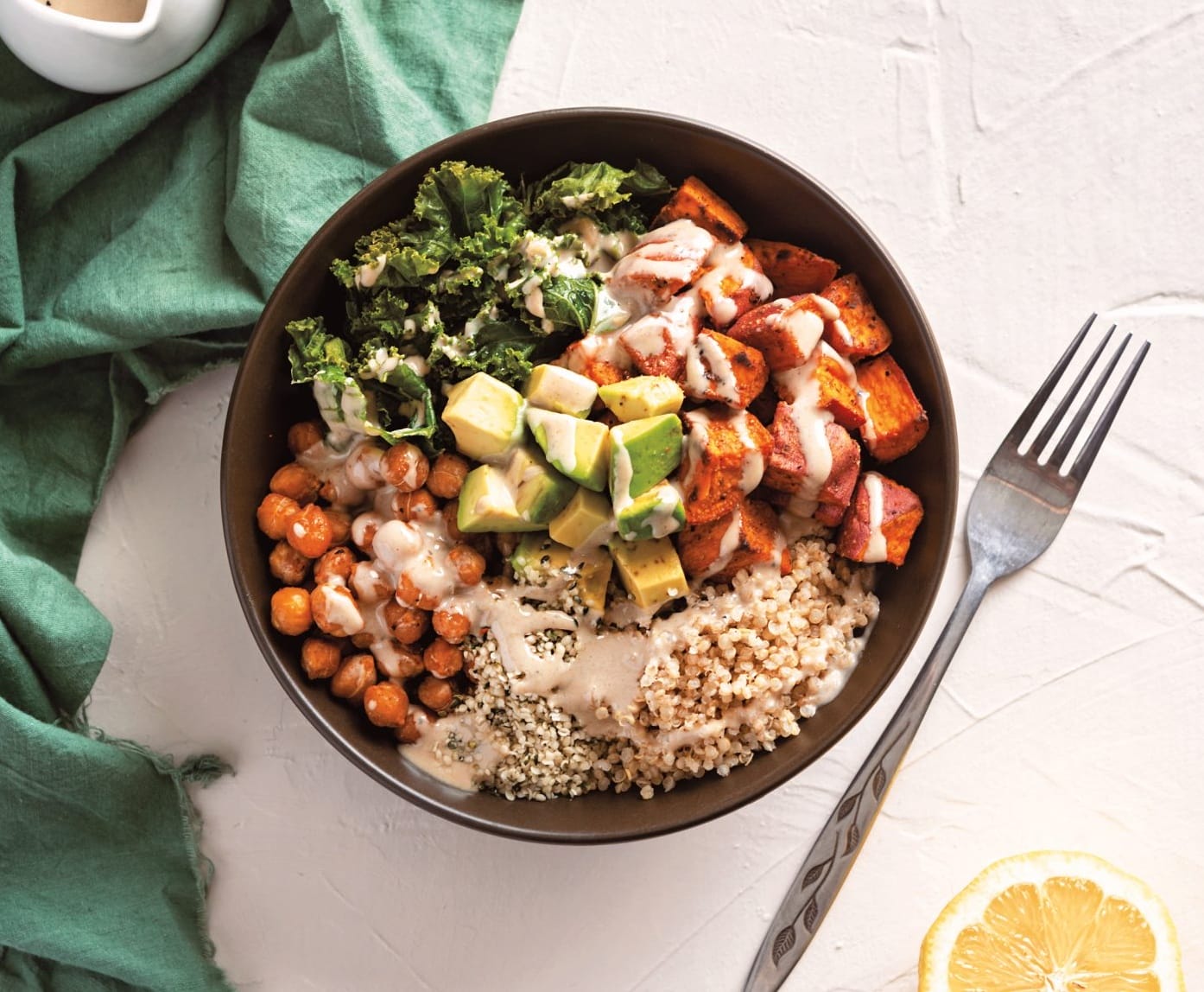Welcome aboard “The Vegan Voyage,” where we set sail into the world of vibrant flavors, nutritious ingredients, and sustainable living. Whether you’re a dedicated vegan, exploring a plant-based diet for health reasons, or simply curious about incorporating more plant-based meals into your routine, this guide is your compass to delicious vegan recipes, practical tips for success, and insights into the benefits of embracing a vegan lifestyle.
Embracing Plant-Based Living
Choosing a vegan lifestyle is more than just a dietary choice; it’s a commitment to compassion, health, and sustainability. By opting for plant-based foods, you’re not only nourishing your body with nutrient-dense ingredients but also contributing to the well-being of animals and the planet.
Benefits of a Plant-Based Diet
- Health and Well-being: Plant-based diets are rich in vitamins, minerals, fiber, and antioxidants, which support overall health and reduce the risk of chronic diseases such as heart disease, diabetes, and certain cancers.
- Environmental Impact: Animal agriculture contributes significantly to greenhouse gas emissions, deforestation, and water pollution. Choosing plant-based foods helps conserve resources and minimize environmental harm.
- Ethical Considerations: Veganism aligns with principles of compassion and respect for animals, advocating for their welfare and reducing their exploitation in food production.
Essential Ingredients for Vegan Cooking
Building a well-rounded vegan pantry ensures you have the foundation for creating flavorful and satisfying meals:
- Legumes: Beans (black beans, kidney beans), lentils (green, red, brown), and chickpeas are versatile sources of protein and fiber.
- Whole Grains: Quinoa, brown rice, oats, and whole wheat pasta provide complex carbohydrates and essential nutrients.
- Nuts and Seeds: Almonds, walnuts, chia seeds, and flaxseeds are rich in healthy fats, protein, and Omega-3 fatty acids.
- Plant-Based Proteins: Tofu, tempeh, and seitan are protein-rich alternatives to meat and dairy products.
- Fresh Produce: Colorful fruits and vegetables like leafy greens, bell peppers, berries, and citrus fruits provide vitamins, minerals, and antioxidants.
Delicious Vegan Recipes to Try
Breakfast: Coconut Chia Pudding
Ingredients:
- 1/4 cup chia seeds
- 1 cup coconut milk (or any plant-based milk)
- 1 tbsp maple syrup or agave syrup
- Fresh berries and shredded coconut for topping
Instructions:
- In a bowl, combine chia seeds, coconut milk, and sweetener.
- Stir well and refrigerate overnight or for at least 4 hours until it thickens.
- Serve chilled with fresh berries and shredded coconut on top.
Lunch: Chickpea Avocado Salad
Ingredients:
- 1 can chickpeas, drained and rinsed
- 1 avocado, diced
- 1/2 cup cherry tomatoes, halved
- 1/4 cup red onion, finely chopped
- Fresh cilantro, chopped
- Juice of 1 lime
- Salt and pepper to taste
Instructions:
- In a large bowl, combine chickpeas, avocado, cherry tomatoes, red onion, and cilantro.
- Drizzle with lime juice and season with salt and pepper.
- Toss gently to combine and serve chilled or at room temperature.
Dinner: Vegan Lentil Curry
Ingredients:
- 1 cup dried lentils, rinsed
- 1 onion, finely chopped
- 2 cloves garlic, minced
- 1 tbsp curry powder
- 1 tsp ground turmeric
- 1 tsp ground cumin
- 1 can coconut milk
- 1 cup vegetable broth
- 1 cup spinach leaves
- Salt and pepper to taste
- Cooked rice or naan bread for serving
Instructions:
- In a large pot, sauté onion and garlic until softened.
- Add curry powder, turmeric, and cumin, stirring until fragrant.
- Add lentils, coconut milk, and vegetable broth. Bring to a boil, then reduce heat and simmer for 20-25 minutes until lentils are tender.
- Stir in spinach and cook until wilted. Season with salt and pepper.
- Serve hot over cooked rice or with naan bread.
Tips for Successful Vegan Living
1. Plan Your Meals:
- Meal Prep: Spend time planning and prepping meals ahead of time to ensure you have nutritious options readily available.
- Variety: Experiment with different cuisines and ingredients to keep your meals interesting and balanced.
2. Explore Vegan Alternatives:
- Dairy Substitutes: Choose plant-based milks (almond, soy, oat) and cheeses made from nuts or soy.
- Egg Replacements: Use flaxseed meal, chia seeds, or commercial egg replacers in baking and cooking.
3. Read Labels and Ask Questions:
- Hidden Ingredients: Be aware of animal-derived ingredients like gelatin, honey, and whey in packaged foods.
- Restaurant Dining: Inquire about vegan options or modifications when dining out, and communicate your dietary preferences to ensure your meal is prepared accordingly.
4. Educate and Inspire:
- Share Knowledge: Educate others about the benefits of veganism and share delicious vegan recipes to inspire friends and family to try plant-based meals.
- Community Support: Join online vegan communities, attend vegan events, and connect with like-minded individuals for support and encouragement.
Embracing a Sustainable Future
As we navigate “The Vegan Voyage,” let’s celebrate the diversity of plant-based cuisine, honor the welfare of animals, and contribute to a healthier planet. Every meal is an opportunity to make a positive impact and savor the goodness of nature’s bounty. Whether you’re enjoying a hearty lentil curry or a refreshing coconut chia pudding, may your journey be filled with joy, nourishment, and the flavors of compassion. Bon appétit!
3.5

